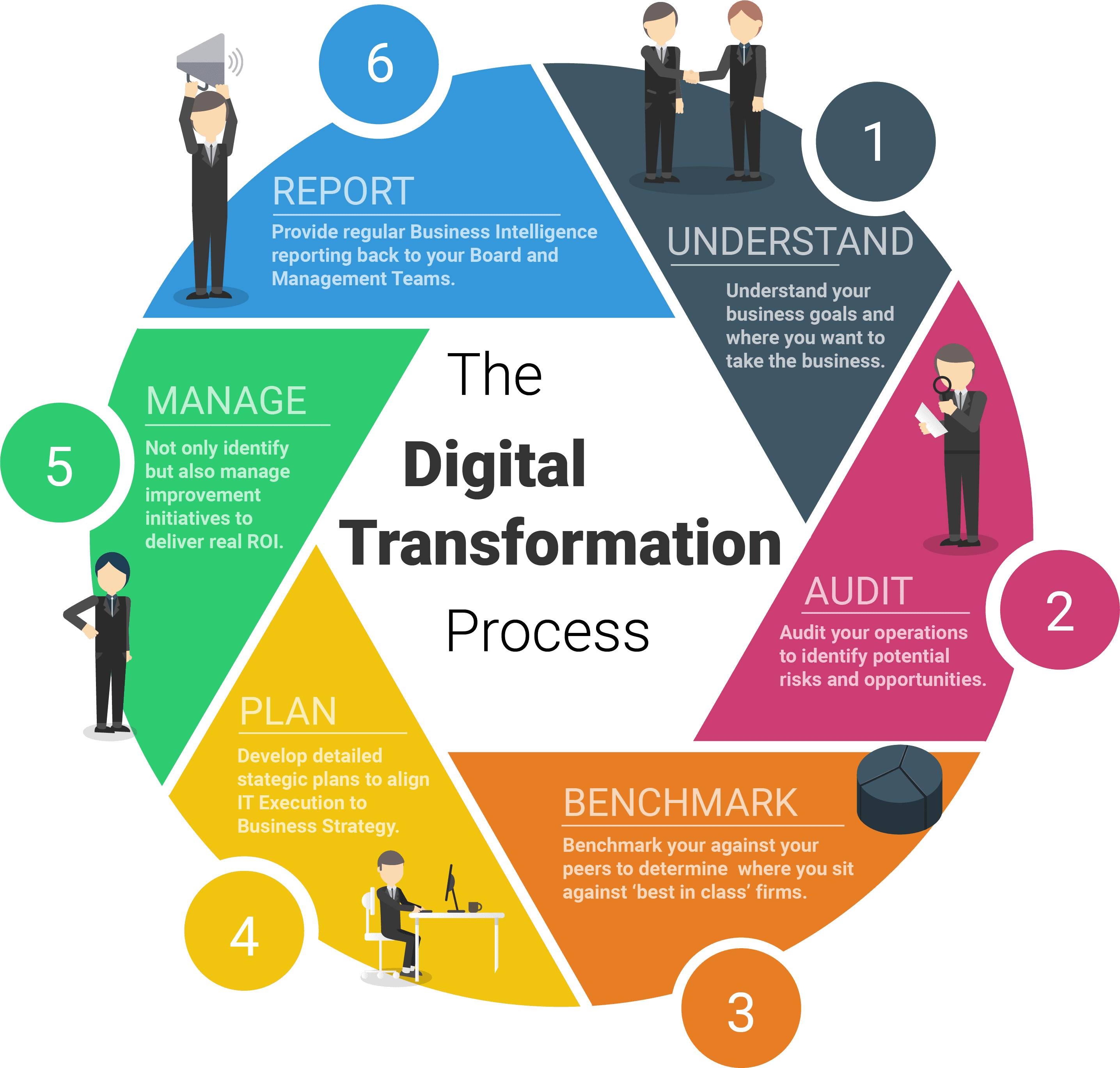Immerse yourself in the dynamic world of podcasts and interviews, discovering the subtle nuances that define their distinct identities. Embark on a journey to discern the intricate differences and striking similarities, unraveling the true essence of these captivating audio mediums.
The Perplexity of Differentiating Podcasts and Interviews
Navigating the realm of podcasts and interviews can often present challenges, particularly when it comes to delineating their unique characteristics. This confusion arises from their shared audio format and interview-style structure. However, beneath the surface, subtle distinctions emerge, shaping their distinct identities and purposes.
Unveiling the Differences
Podcasts and interviews differ in their primary focus and content delivery. Podcasts typically delve into specific topics, offering in-depth discussions, personal narratives, or expert insights. Interviews, on the other hand, center around conversations with guests, aiming to extract valuable information, opinions, or experiences.

MASTERING OBJECT-ORIENTED PROGRAMMING (OOPs) IN 4 LANGUAGES (C++ vs C# – Source www.amazon.in
Distinguishing Formats
Format plays a crucial role in distinguishing podcasts from interviews. Podcasts adopt a pre-recorded structure, allowing for meticulous editing and production, often featuring multiple segments, music, or sound effects. Interviews, in contrast, prioritize spontaneity and authenticity, typically recorded in a single session with minimal post-production.
Target Audience
The target audience also influences the distinction between podcasts and interviews. Podcasts cater to listeners seeking knowledge, entertainment, or specialized content, while interviews primarily target audiences interested in the perspectives and insights of specific individuals.
Understanding the Similarities
Despite their differences, podcasts and interviews share common ground in several aspects. Both mediums utilize audio as their primary mode of communication, engaging listeners through the spoken word. They also frequently feature interviews as a means of conveying information or eliciting valuable insights from experts or guests.

Distinguishing and Understanding the Differences Between Contracting – Source monolith.law
Personal Experience: Navigating the Podcast Landscape
As a passionate podcast listener, I have personally encountered the challenges of differentiating podcasts from interviews. Recently, I stumbled upon an intriguing episode titled “The Art of Effective Communication.” Intrigued by the topic, I eagerly tuned in, only to discover that the episode was primarily an interview with a renowned communication expert.
While I gained valuable insights from the guest’s perspective, I couldn’t shake the feeling that I had误以为 it was a podcast dedicated solely to exploring the topic of communication. This experience highlighted the importance of carefully discerning the format and content of audio content before delving into it.
History and Myth: The Evolving Relationship
The relationship between podcasts and interviews has evolved significantly over time. In the early days of podcasting, interviews were a staple format, providing a convenient and engaging way to share knowledge and perspectives. However, as the medium matured, podcasts began to adopt a wider range of formats, including solo episodes, panel discussions, and narrative storytelling.

Scalloped Potatoes vs. Au Gratin Potatoes: What’s the Difference – Source www.pinterest.com
Untangling the Hidden Secrets
Delving deeper into the intricacies of podcasts and interviews reveals hidden secrets that further distinguish them. Podcasts often employ numerous production techniques to enhance the listener experience, such as sound effects, music, and voiceovers. Interviews, on the other hand, often rely on raw and unedited conversations, preserving the authenticity and immediacy of the interaction.
Recommended Resources: Expanding Your Knowledge
Expanding your understanding of podcasts and interviews can lead to a more enriching and enjoyable experience. Consider exploring the following resources to delve deeper into the nuances of these audio mediums:
– “The Podcast Host Handbook” by Dave Jackson
– “Interviewing for Podcasters” by Elsie Escobar
– “The Art of the Interview” by Terry Gross
Types of Podcasts and Interviews
Podcasts and interviews encompass a diverse range of formats and styles, catering to various preferences and interests. Explore the different types of podcasts, including solo episodes, co-hosted podcasts, and panel discussions. Similarly, interviews can vary in structure, ranging from formal question-and-answer sessions to more conversational and informal chats.

It’s time for the next Brains On debate! This intense matchup brings us – Source www.pinterest.com.au
Tips for Distinguishing Podcasts from Interviews
To enhance your proficiency in differentiating podcasts from interviews, consider the following tips:
– Pay attention to the show notes or episode descriptions, which often provide insights into the format and content.
– Observe the production quality and editing techniques employed, as podcasts tend to exhibit a more polished and structured approach.
– Listen to the overall tone and style of the audio content; interviews often feature a dynamic conversational tone, while podcasts may adopt a more formal or narrative approach.
The Importance of Distinguishing Podcasts from Interviews
Accurately distinguishing podcasts from interviews is essential for several reasons. It allows you to tailor your listening experience to your specific interests, whether you seek in-depth analysis, expert insights, or engaging conversations. Additionally, it enables you to make informed decisions about the type of content you consume, ensuring that you derive maximum value and enjoyment from your listening time.

Introduction Research Design and Method Findings & Discussion – Source slideplayer.com
Fun Facts: Unveiling the Quirky Side
Did you know that some podcasts jokingly refer to themselves as “interviews with themselves” when they feature solo episodes? This tongue-in-cheek approach highlights the blurred lines between podcasts and interviews and adds a touch of humor to the distinction.
How to Create a Podcast or Interview
Creating a podcast or interview requires careful planning and execution. To embark on your podcasting journey, consider the following steps:
– Define your target audience and content niche.
– Choose a podcast format that aligns with your goals and interests.
– Invest in quality audio equipment and recording software.
– Promote your podcast on various platforms to reach your intended audience.
Fibromyalgia and Chronic Fatigue Syndrome: Understanding the – Source www.meriahnichols.com
What if You Can’t Distinguish Between a Podcast and an Interview?
If you encounter difficulty distinguishing between a podcast and an interview, don’t fret. Consider reaching out to the creators for clarification or seeking recommendations from fellow listeners. Explore online forums and communities dedicated to podcasts and interviews to gather insights and perspectives.
Listicle: Key Differences in a Nutshell
To summarize the key differences between podcasts and interviews, refer to the following listicle:

Distinguishing Commercial UAVs from Agricultural UAVs: Understanding – Source www.mini4kdrone.com
Questions and Answers
A: Podcasts focus on specific topics or narratives, while interviews prioritize conversations with guests.
A: Consider the production quality, content structure, and target audience to make an informed distinction.
A: Yes, many podcasts feature interviews as a means of conveying information or eliciting valuable insights.
A: It allows for tailored listening experiences, informed content choices, and a deeper appreciation for the nuances of each medium.

HIPAA vs FERPA: What’s the Difference? Pandadoc – Source www.pandadoc.com
Conclusion of Distinguishing Podcasts from Interviews: Understanding the Differences and Similarities
Navigating the world of podcasts and interviews requires a discerning eye and an understanding of their distinct characteristics. By grasping the intricacies of each format, we can fully appreciate the unique contributions they make to the realm of audio content. Whether you seek in-depth analysis, expert insights, or captivating conversations, the ability to distinguish podcasts from interviews empowers you to tailor your listening experience and derive maximum value and enjoyment.


